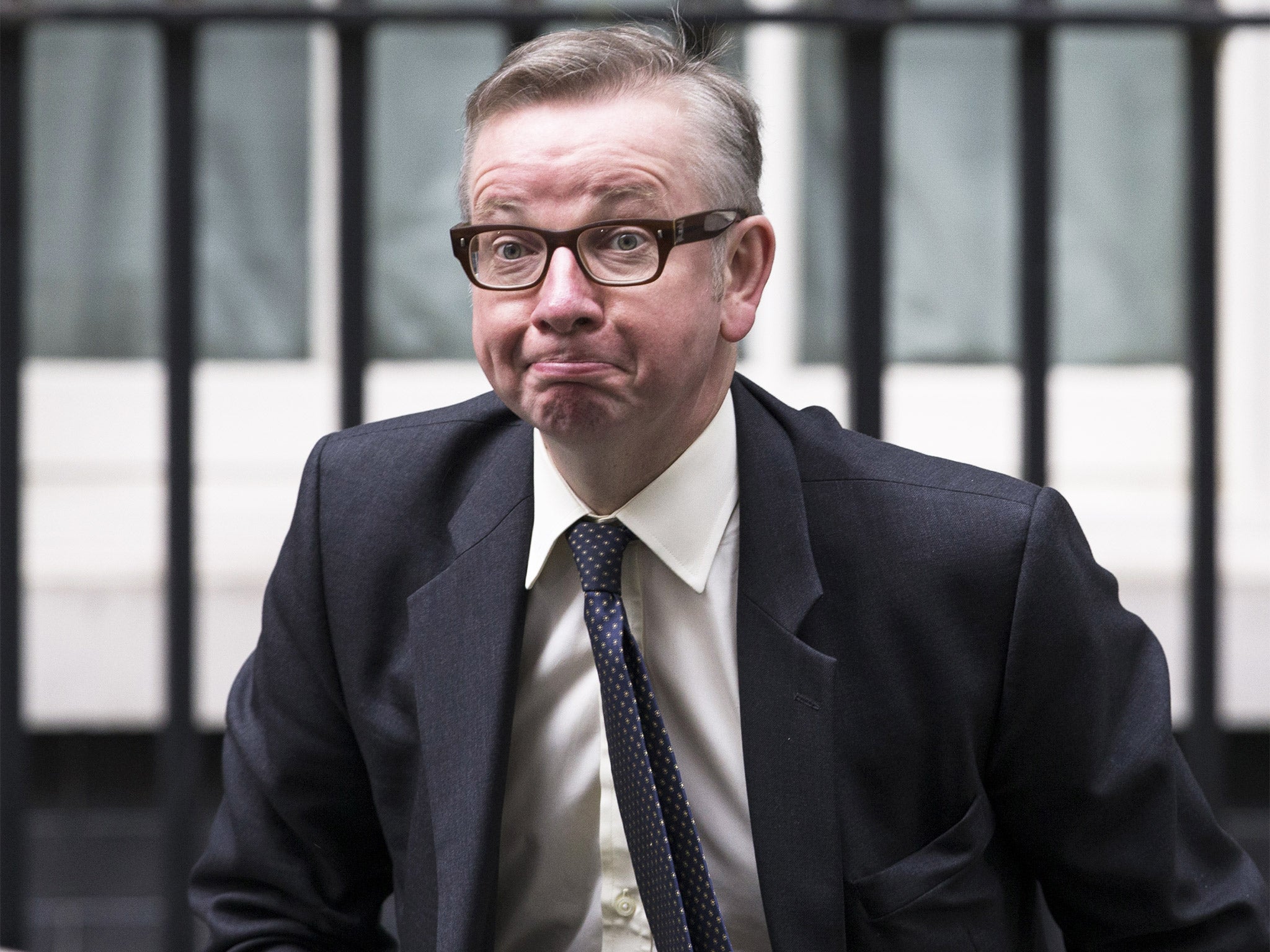Petition calling for referendum on Human Rights Act attracts more than 235,000 signatures
Opposition to the government's plans to replace Human Rights Act with British Bill of Rights includes a host of celebrities, including Benedict Cumberbatch

Your support helps us to tell the story
From reproductive rights to climate change to Big Tech, The Independent is on the ground when the story is developing. Whether it's investigating the financials of Elon Musk's pro-Trump PAC or producing our latest documentary, 'The A Word', which shines a light on the American women fighting for reproductive rights, we know how important it is to parse out the facts from the messaging.
At such a critical moment in US history, we need reporters on the ground. Your donation allows us to keep sending journalists to speak to both sides of the story.
The Independent is trusted by Americans across the entire political spectrum. And unlike many other quality news outlets, we choose not to lock Americans out of our reporting and analysis with paywalls. We believe quality journalism should be available to everyone, paid for by those who can afford it.
Your support makes all the difference.A petition calling for a referendum on whether Britain should repeal the Human Rights Act has attracted more than 235,000 signatures as opposition to the Conservative government's plans to scrap it grows.
David Cameron's proposal to replace the Act with a British Bill of Rights was a key pledge in the Tory party's election manifesto, but the plans were delayed until next year due to legal complications and concerns it would not be backed by a majority of MPs in the House of Commons.
Last month's Queen's Speech, which laid out the government's agenda for the year ahead, only included plans to introduce a consultation on scrapping Human Rights Act, but the government hopes to introduce legislation next year.
Opposition to the plans to scrap the Act, which was brought in by Tony Blair's New Labour in 1998, has come from a host of celebrities and also influential figures within the Conservative party, including former Cabinet members such as Ken Clarke and Dominic Grieve.
A campaign on change.org, backed by 236,000 people so far, says it "should be a matter decided by the people" in a national vote.

Staging a referendum would also raise awareness of the "fundamental rights that protect us all," the petition says.
"The scrapping of the Human Rights Act, though a pledge in the Tory manifesto is a measure few are aware of and even less understand the implications," it states.
"To change the law in such a way that removes or alters our fundamental human rights can only be resolved by a national referendum. A referendum will provide national scrutiny and informed debate."
There have also been internal government disagreements over whether the UK should withdraw from the European Convention on Human Rights, which Britain signed up to in the 1950s but only enshrined in law through the Human Rights Act in 1998.
The Prime Minister refused to rule out withdrawing the Convention earlier this month.
Actor Benedict Cumberbatch was last month among a host of celebrities who have made emotional appeals calling on the government not to repeal the Act.
He joined Vanessa Redgrave, David Harewood, Simon Callow and Indira Varma in voicing the stories of ordinary people who have successfully held the powerful to account through human rights laws.
“Our Human Rights Act belongs to all of us. It’s not for politicians to pick and choose when it applies or who deserves protection," Mr Cumberbatch said.
A Ministry of Justice spokesperson said: "This Government was elected with a mandate to reform and modernise the UK human rights framework. The UK has a proud tradition of respect for human rights which long pre-dates the Human Rights Act 1998. But the Human Rights Act opened the system to abuse, damaging the credibility of human rights.
"That's why we will bring forward proposals for a British Bill of Rights. Our Bill will protect fundamental human rights, but also prevent their abuse and restore some common sense to the system. We will widely consult on our proposals before introducing legislation."
Join our commenting forum
Join thought-provoking conversations, follow other Independent readers and see their replies
Comments